Mike Judge has had a lot of success as an animator and filmmaker. Ever since he left his career in science behind, he has created a unique array of films and television series that have entertained generations of viewers.
Despite a variety of different works, there's no doubt that Beavis and Butt-head and King of the Hill are two of Judge's most well-known creations. Both of these series have their strengths, but some viewers might prefer one over the other. Here are five reasons why Beavis and Butt-head is Judge's magnum opus, along with five reasons why King of the Hill reigns supreme.
10 Beavis And Butt-head: It Was Mike Judge's First Show
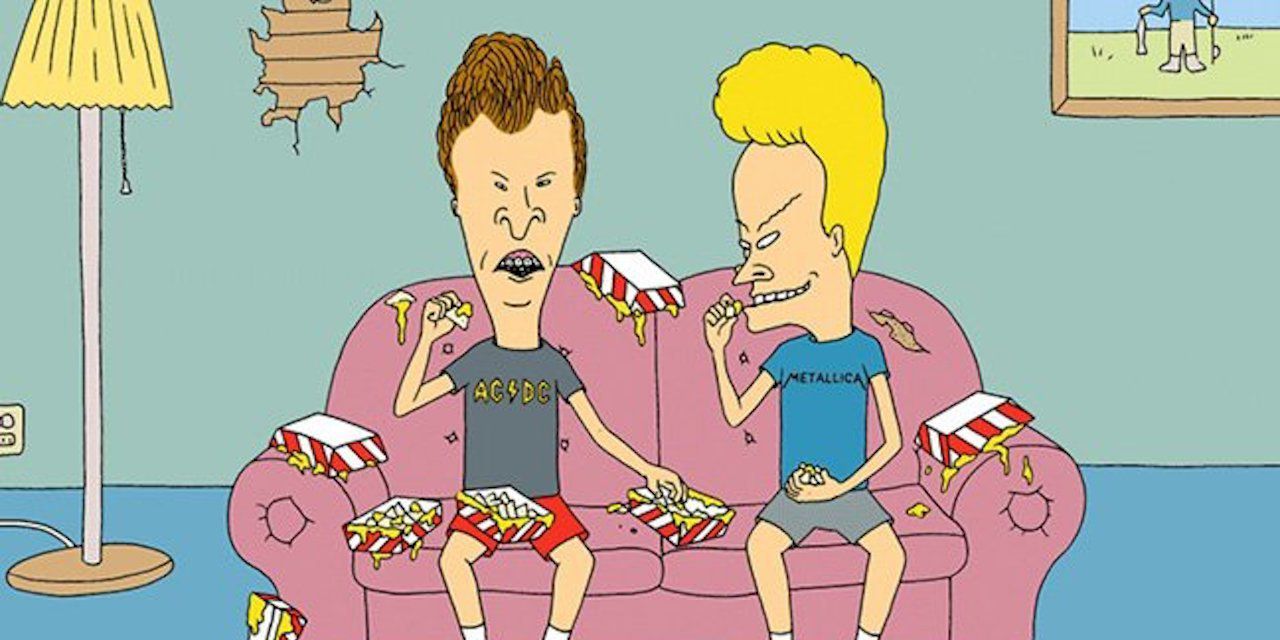
Looking back through the career of any artist or creative, there's almost always something special, unique, and organic about their early work. Fans oftentimes take interest in the works that first thrust the artist into the spotlight and would set the course for their creative body of work.
Beavis and Butt-head certainly garnered a lot of attention when the pilot aired on MTV's Liquid Television in 1992. The animation style was slapdash, the humor was crude, and the episodes were short and simple but packed with social commentary. No one had ever seen anything like this before, and along with widespread critical acclaim, Beavis and Butt-head also received a lot of backlash and controversy during its eight seasons.
9 King Of The Hill: Autobiographical Elements
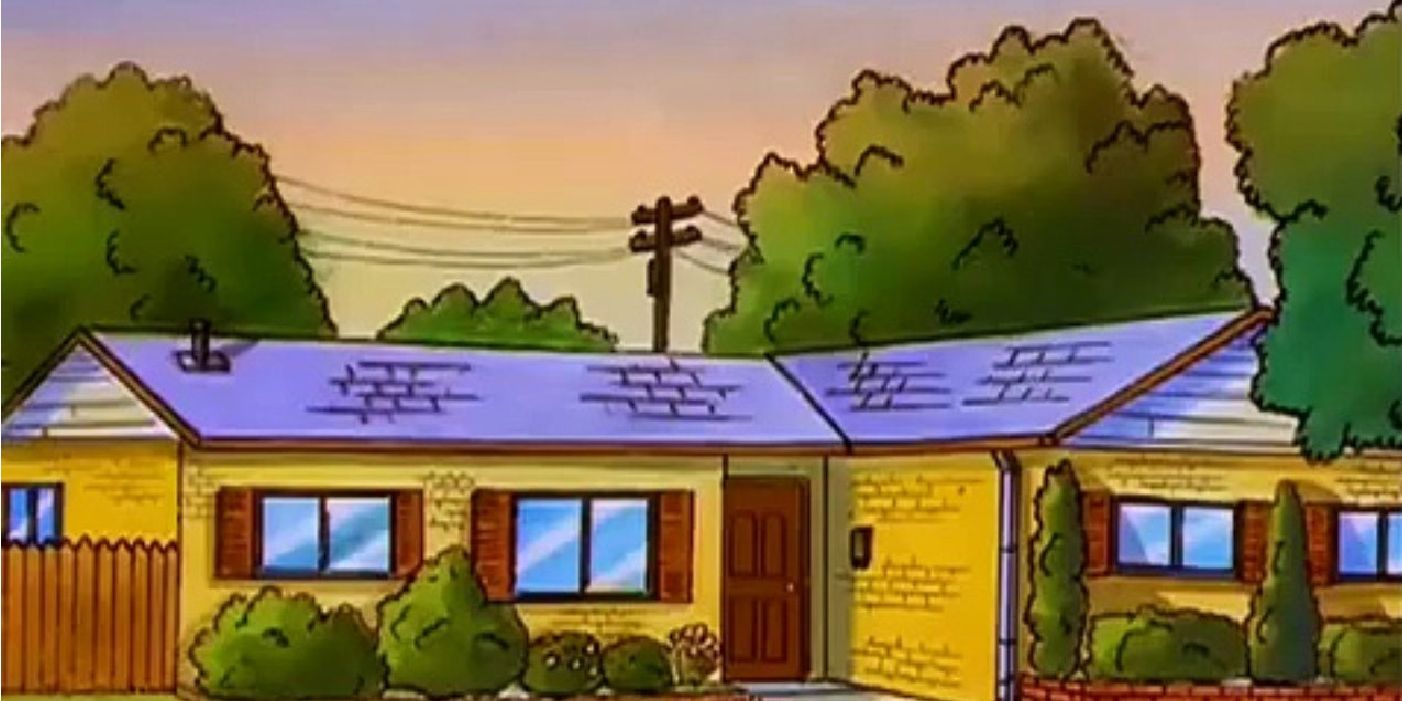
Mike Judge took a lot of inspiration from his own life when he created King of the Hill with The Simpsons writer Greg Daniels. The fictional town of Arlen, Texas, in which the Hill's reside, is based on Garland and the surrounding Dallas suburbs where Judge once lived in. Boomhauer's voice was based on an angry message from a Beavis and Butthead viewer that was left on Judge's answering machine, and Luanne Platter's name comes from a dish called "The Lu Ann Platter," which is served at a chain restaurant in Texas called Luby's.
These details from the show taken from Judge's life in Texas and people he's come in contact with make the show more interesting and authentic.
8 Beavis And Butt-head: Unorthodox Characters
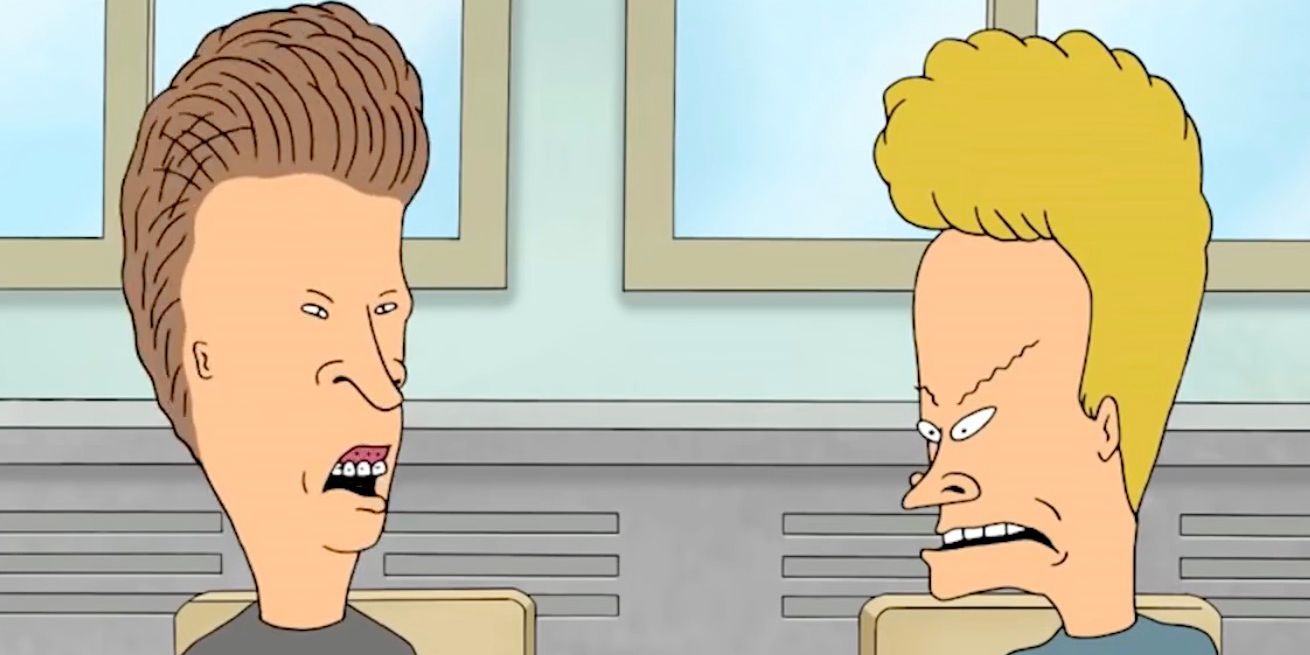
Besides Beavis and Butt-head, there were a lot of bizarre characters in the show that often served as social commentary, especially some of the high school students and teachers at Highland Highschool.
Some of the characters represented two different extremes, like Coach Buzzcut and Mr. Van Driessen. One character gained enough popularity to have her own spinoff: Daria was an animated series that centered on the life and times of Beavis and Butt-head's classmate, Daria Morgendorffer.
7 King Of The Hill: Dynamic Characters
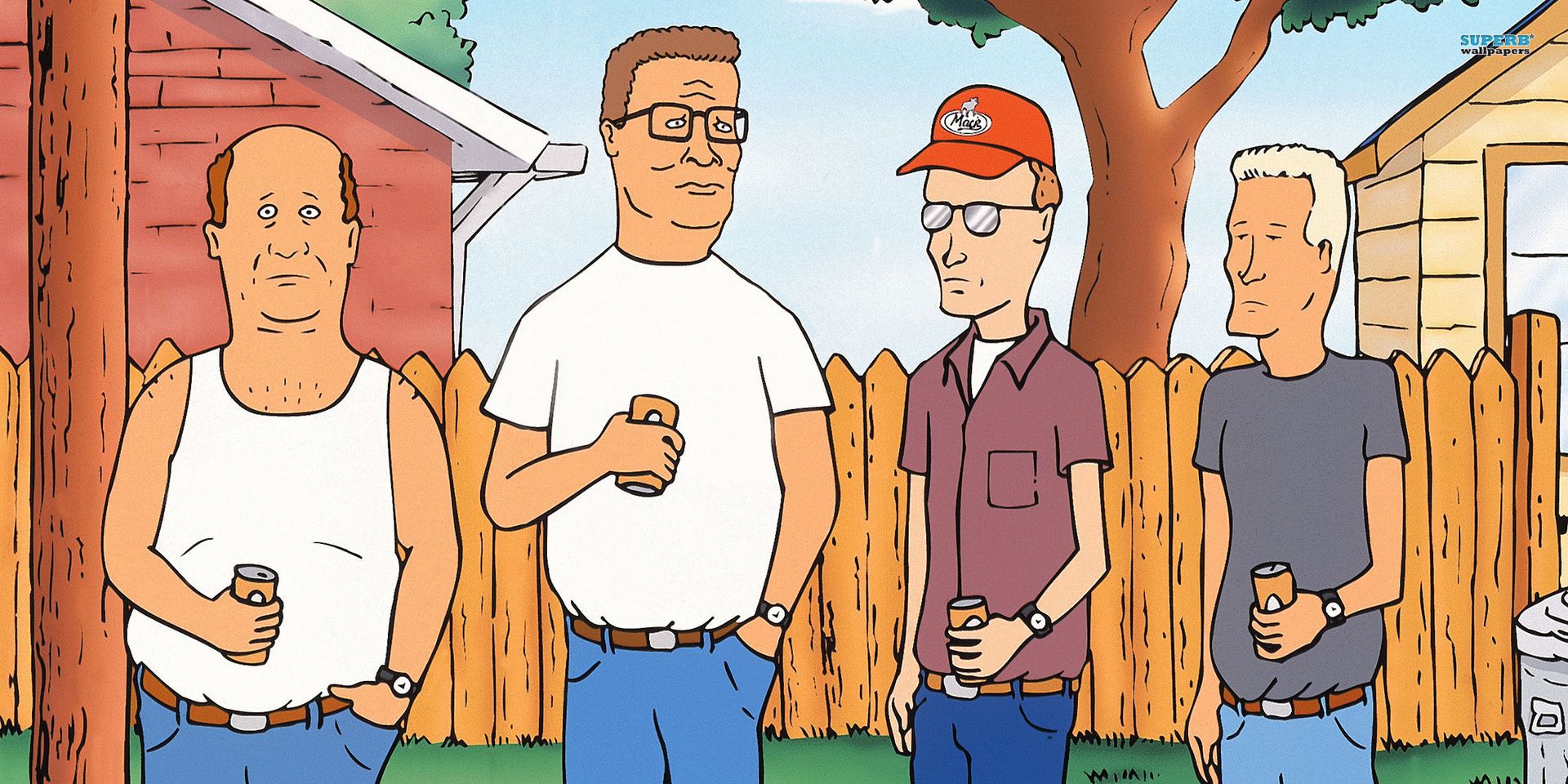
While the characters in Beavis and Butthead were certainly interesting, many would agree the characters in King of the Hill are more fleshed-out and multidimensional. Most of Hank Hill's family and friends aren't just one-note personalities - they have complicated emotions that change over time, which adds notes of drama to the otherwise comical show.
Hank's wife Peggy goes through a noticeable personality change after the start of season 4, from docile to more egotistical, as she recovers from a parachuting accident.
6 Beavis And Butt-head: Fought Censorship
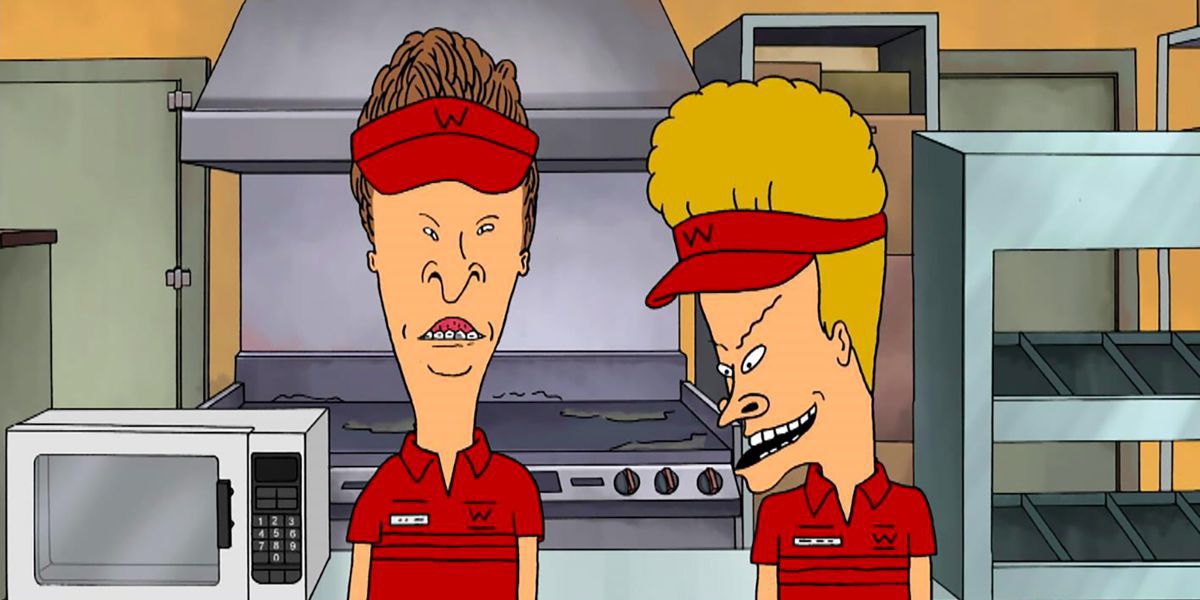
As previously stated, Beavis and Butt-head attracted almost as much controversy as success. After the show was blamed for an arson death, MTV censored the show, no longer allowing the word "fire" to be used in episodes.
To get around this, Mike Judge and the other creators of the show exploited a loophole in the censorship by having Beavis shouting similar words like "fryer." Unfortunately, the episodes with references to fire were permanently altered, and many of the original uncensored episodes have been lost to history.
5 King Of The Hill: Variety Of Guest Stars
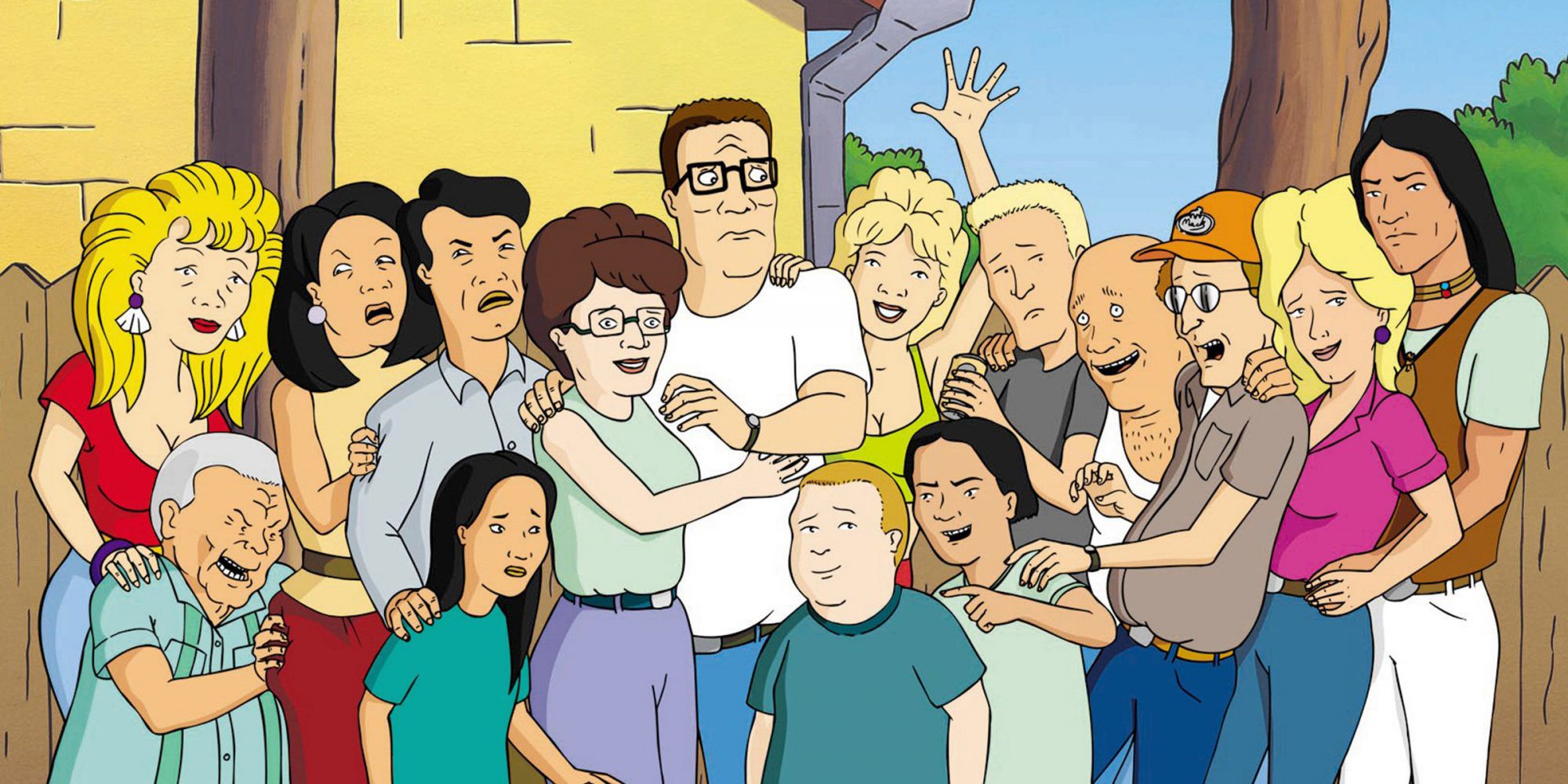
Alan Rickman, Betty White, and Snoop Dogg are just a few of the dozens of guest stars who have voice acted on King of the Hill. Some characters, like Willie Nelson and Dusty Hill of ZZ Top, played themselves, while others played fictional versions of themselves or completely fictional characters.
Tom Petty and Chuck Mangione became regular guest stars on the show, with Petty voicing Luanne's love interest Lucky Kleinschmidt and Mangione voicing a fictional version of himself, as a Mega-Lo-Mart spokesperson and mascot.
4 Beavis And Butt-head: Its Use Of Improvisation
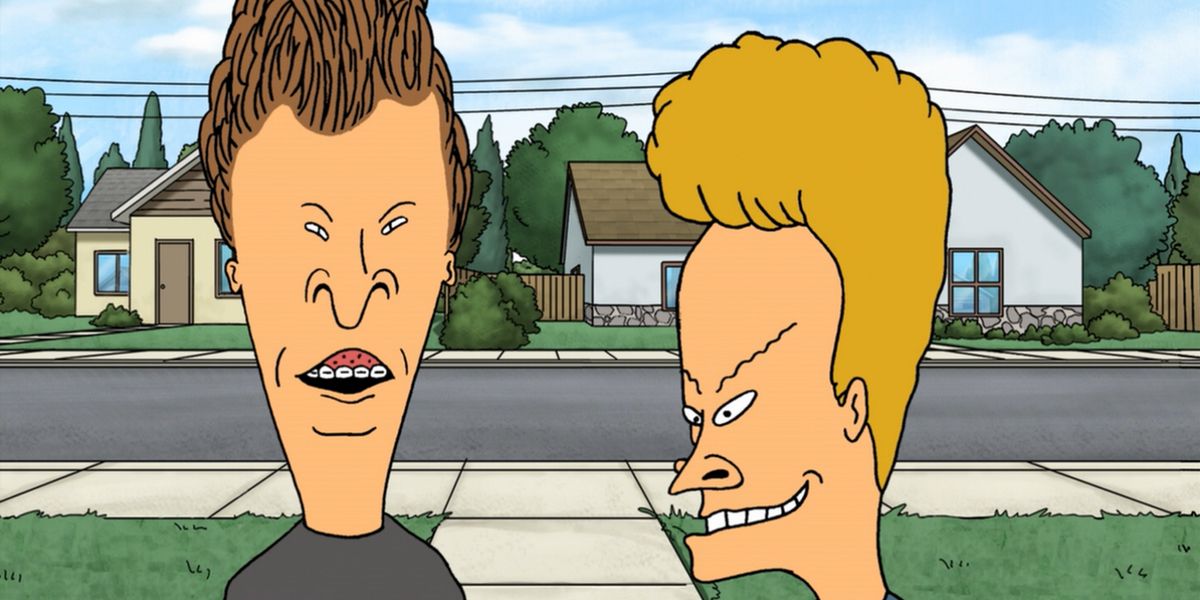
Mike Judge's use of improvisation in Beavis and Butt-head is another reason to love the show. Judge voiced both Beavis and Butt-head and would often improvise dialogue, especially while the characters were watching television.
Having improv in the show added to its rough and ready style and made it all the more authentic. Having their lines spoken off the cuff also makes Beavis and Butt-head more believable chaotic and delinquent characters.
3 King Of The Hill: Slice Of Life
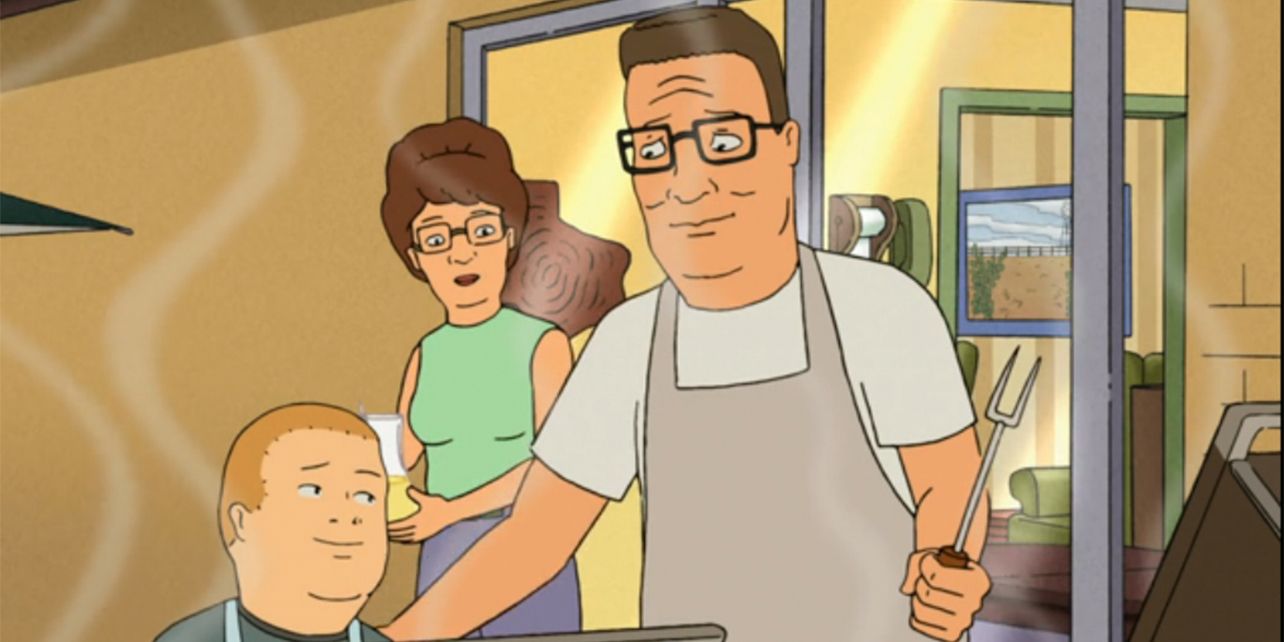
King of the Hill uses the tried and true sitcom structure that centers on the family quite effectively. Hank is a relatable enough character for many viewers to identify and emphasize with. He and his family and friends are, for the most part, very grounded in reality. Most of the time Hank's life is simple besides the family drama and blunders that come with family life and fatherhood.
King of the Hill provides humor not in fantastical and wild situations, but in the everyday events and activities of Hank and his family, which makes it both a wholesome and comforting sitcom.
2 Beavis And Butt-head: Embodied Its Time
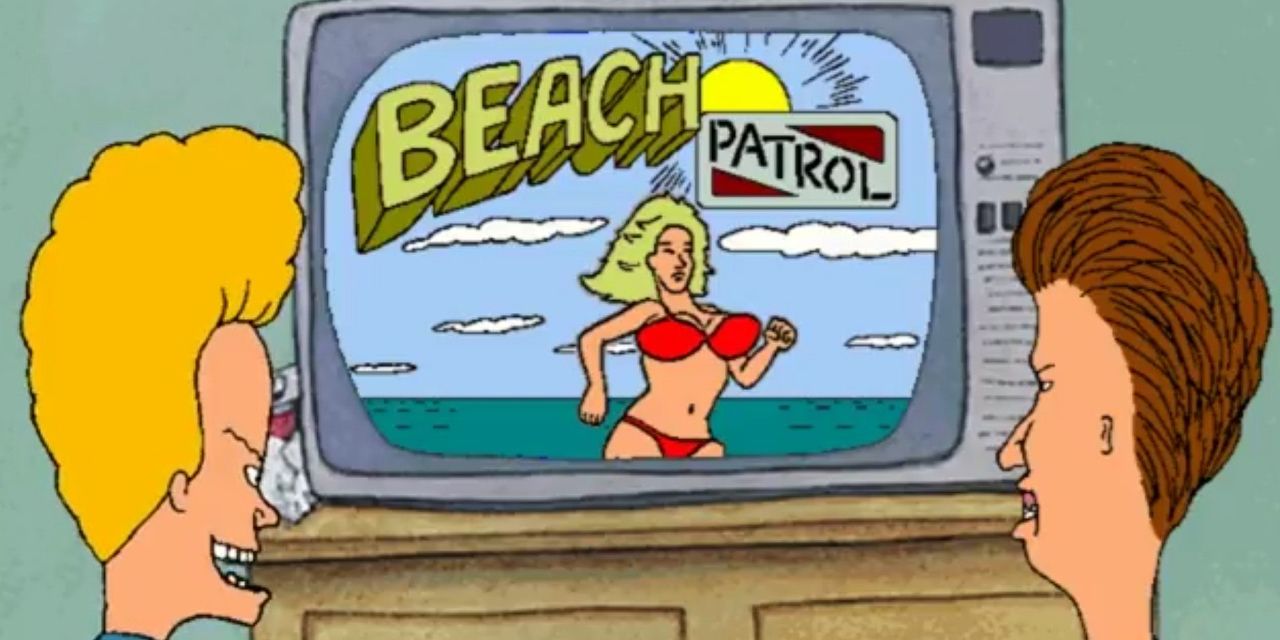
In a lot of ways, Beavis and Butt-head captured the essence of an era for MTV. From its first appearances on Liquid Television, a segment dedicated to largely unknown independent animators, the show was a stark contrast to the prim and proper high school-themed shows and movies of past years. It's a show that proves success can be achieved against all odds if it's strange enough and doesn't take itself too seriously.
The show would go on to influence plenty of animators and television creatives - it was one of the things that inspired South Park, according to its creators Trey Parker and Matt Stone. Jackass is another franchise that undoubtedly drew inspiration from Beavis and Butt-head. There's no doubt that this unique satire will live on in the hearts of fans for years to come.
1 King Of The Hill: Lampooned Macho American Culture
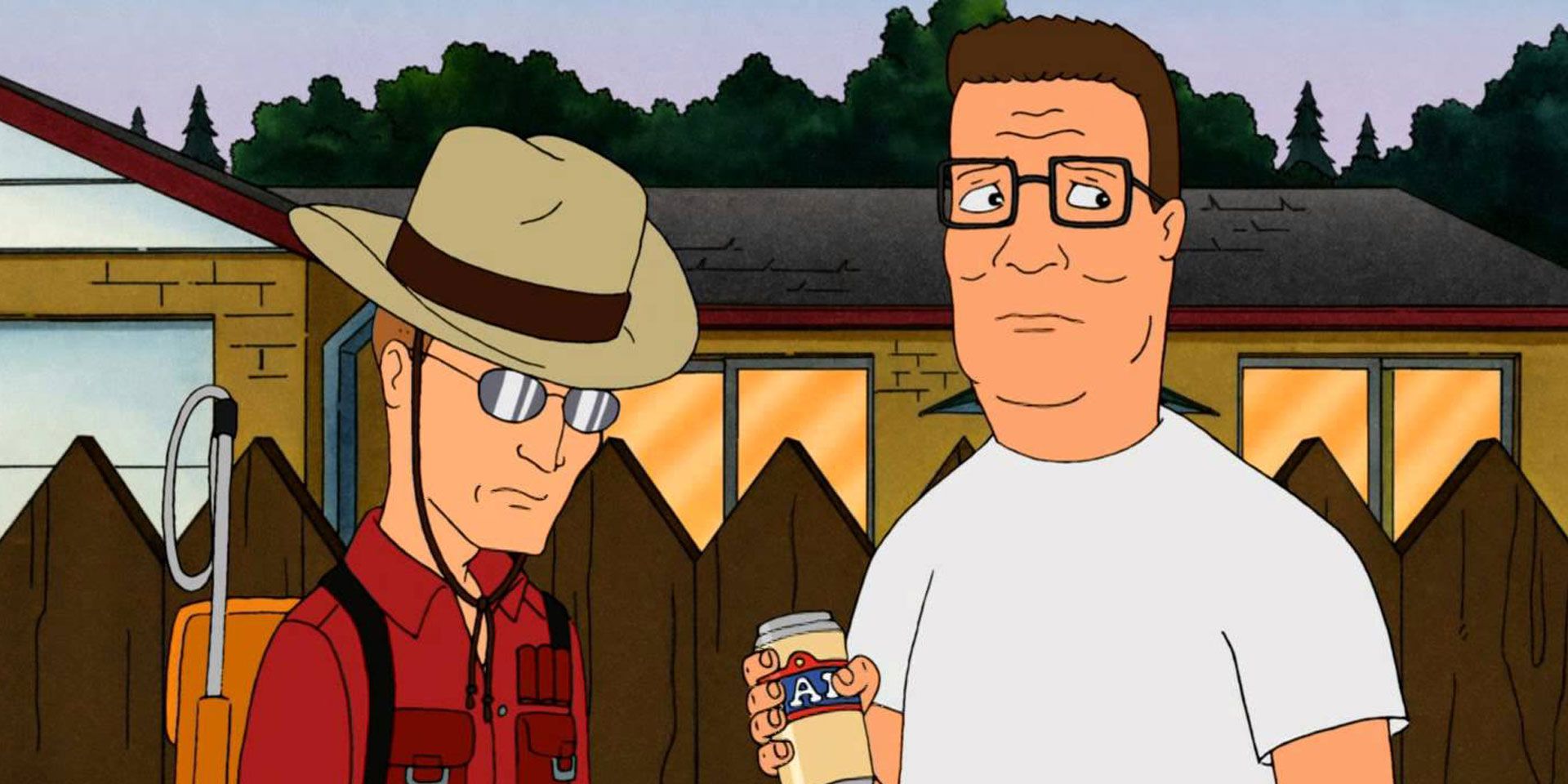
While some of the humor comes from the simple things in life as mentioned before, a lot of the meat and potatoes of King of the Hill's humor comes from Hank trying to assert his idea of what a man should be and meeting the expectations he has for himself, while also struggling to get his son Bobby to meet those same expectations.
Despite his best efforts, Bobby and other characters around Hank not only often break these expectations but also occasionally defy social norms and traditions, and hilarity ensues when Hank tries to make sense of this. Despite the ups and downs, Hank always has his propane stove and his truck to turn to for comfort.
from ScreenRant - Feed https://ift.tt/2XRNfw8

0 Comments